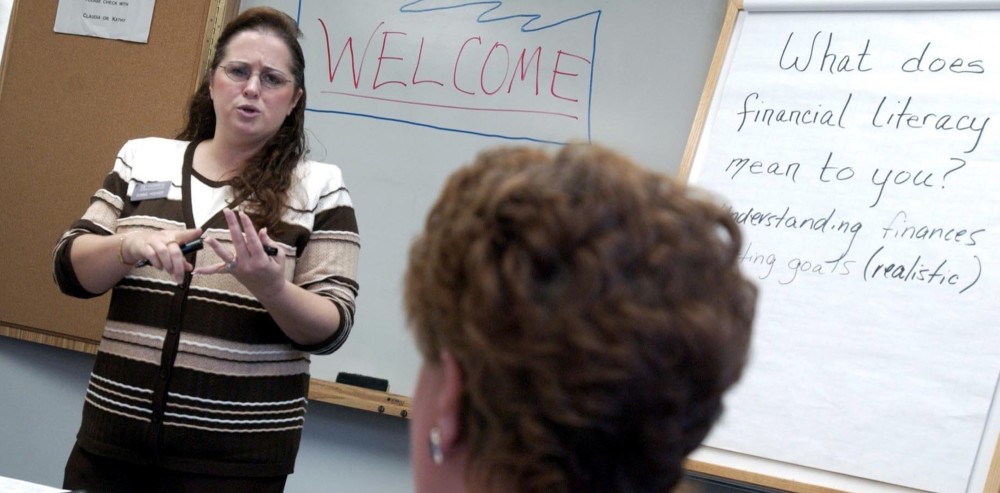By Wayne Fourman
AdviceIQ.
Women are more vulnerable to financial insecurity because they typically live longer and earn less. Making the right financial decisions is therefore crucial for all women, from Social Security to the rest of their retirement planning.
Social Security is gender-neutral; however, a combination of several factors creates different levels of retirement security for women and men. Testifying before a Senate Committee, Janet Barr, chairwoman of the Social Security Committee of the American Academy of Actuaries, laid out the reasons that women have a higher risk of not having sufficient money in her retirement years:
1. Women are more likely than men to be out of the workforce or to have breaks in employment. In 2013, 74% of women between 25 and 54 were in the workforce, compared with 89% of men. The gap widens in the 55-to-65 age group.
Women have less time in the workforce due to pregnancy, childcare or family care responsibilities, resulting in lower Social Security benefits than men. In 2012, women over 65 had an average annual Social Security income of $12,520, compared with $16,398 for men.
2. Women earn less. In 2011, women on average earned 74% of what men did. The average wage reported to the Social Security Administration was $39,500 for men and $29,250 for women. Since Social Security is based on earning, lower income means lower benefits.
3. Women live longer, so they need more assets in retirement. A woman at 65 is expected to live 2.2 years longer than her male counterpart. According to a study by the Center for Retirement Research at Boston College, the odds women need nursing home care is higher, and they spend more time in care than men.
4. During retirement, women are more likely to be single, widowed or divorced. Since most women have older spouses, they are likely to end up widowed without financial assistance their husbands provided. While the poverty rate of a married couple over 65 is only 4.2%, the poverty rate of a post-65 single woman is 20.3%.
Almost half of all unmarried women, including widows, rely on Social Security for about 90% of their retirement income. Making the right Social Security choices is one of the most important decisions a woman can make for her retirement.
Take the time and effort to choose the right Social Security strategy, while using your retirement savings accounts, such as a 401(k) help supplement your income. Women can develop a more secure future and worry less about running out of money during your retirement years by becoming more involved in your overall financial planning.














































































































































































































































































































































































